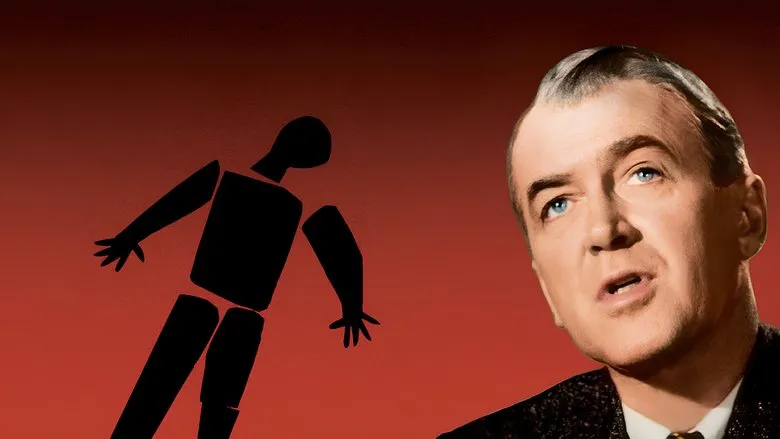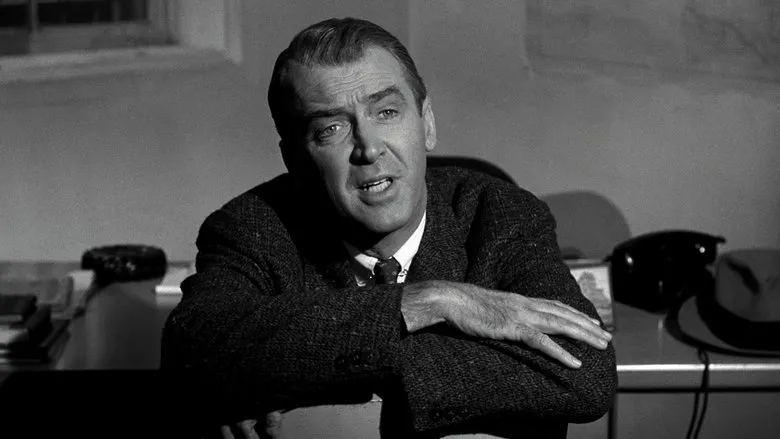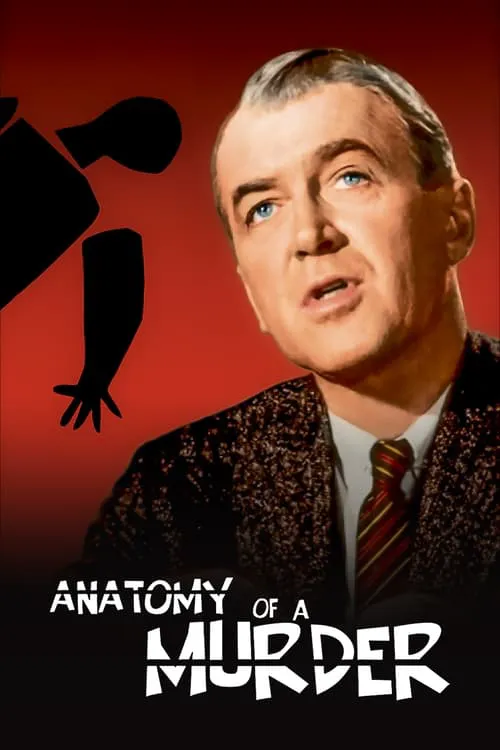Delving into the Depths: A Character Analysis of Pines County’s Contenders
The Pines County murder trial, a crucible of truth and deception, not only unfolds a gripping legal drama but also presents a fascinating study of human character. From the stoic accused to the cunning legal minds and the enigmatic figures lurking in the shadows, each individual plays a crucial role in blurring the lines between right and wrong, challenging the very notion of justice.
The Protagonists and Their Pursuit of Justice
Paul Biegler: The Unconventional Advocate
At the heart of the legal maelstrom stands Paul Biegler, a semi-retired lawyer whose agreement to represent Lieutenant Frederick Manion pulls him back into the high-stakes world of the courtroom. Biegler is less a hero in shining armor and more a weary, yet sharp-witted pragmatist. His approach to the law is not purely about moral righteousness, but about strategic thinking and a relentless pursuit of any angle that can serve his client. He’s an observer, a meticulous gatherer of facts, and a master tactician who isn’t afraid to dive into the murkier details of a case. We witness his intellect and experience shine through as he navigates the complex web of testimonies, suspicions, and unforeseen twists, trying to construct a plausible defense even when his own client’s demeanor is unhelpful. He embodies the intellectual rigor and ethical ambiguities inherent in the legal profession, where securing an outcome often requires more than just undeniable truth.
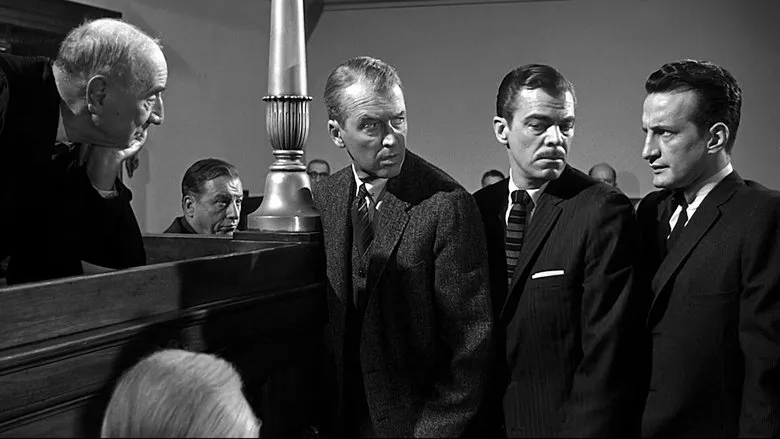
Lieutenant Frederick Manion: The Enigmatic Defendant
Lieutenant Frederick Manion is the man in the spotlight, accused of murder. Initially presented as a “well-respected and charismatic officer,” his character quickly becomes shrouded in ambiguity. His motive — defending his wife’s honor after an alleged rape — seems honorable, yet his “stoic and detached” demeanor often betrays an unsettling inscrutability. Biegler frequently worries that Manion’s lack of emotional expression and moments of hesitation during questioning inadvertently suggest guilt. Manion remains a mysterious figure throughout, leaving the audience, much like Biegler, to question the true nature of his actions and whether he was truly a man driven by honor or something darker. His detachment forces Biegler to work harder to humanize him, despite the lingering suspicion.
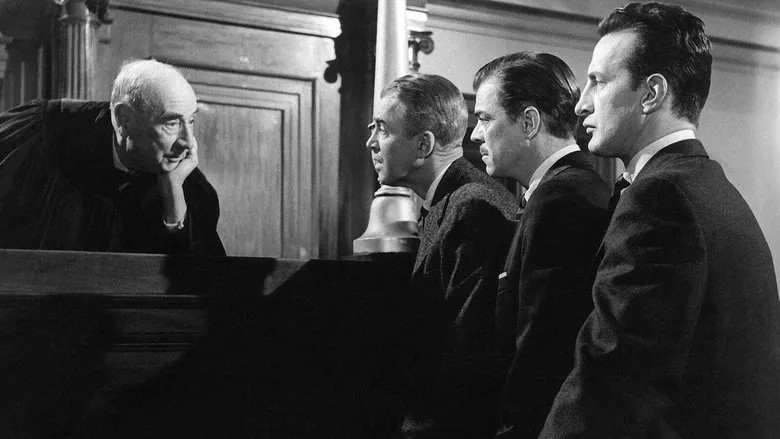
The Witnesses and Their Shifting Truths
Lynette Manion: The Fragile Witness and Unreliable Memory
Lynette Manion, Frederick’s wife, is a pivotal yet deeply complex character. Portrayed as “fragile and emotionally charged,” her testimony regarding the brutal rape by Ralph “Stumpy” Sommers forms the bedrock of Manion’s defense. Initially, her story is compelling and elicits sympathy. However, as the trial progresses, her credibility becomes significantly challenged by the prosecution. Inconsistencies in her account are exposed, bringing into question not only the details of the alleged rape but also her own fidelity. Lynette represents the inherent challenge of memory, trauma, and personal bias in a legal setting. Is she a victim, a manipulator, or simply a deeply flawed individual whose subjective truth complicates the pursuit of objective justice?
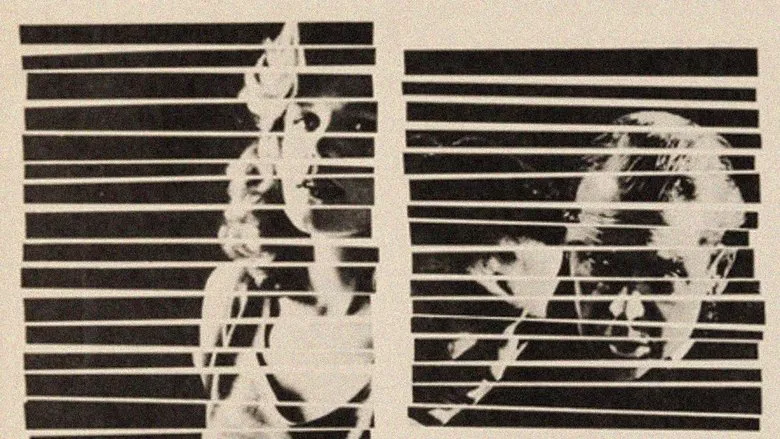
Ralph “Stumpy” Sommers: The Victim’s Darker Side
Though deceased, Ralph “Stumpy” Sommers, the local innkeeper, is a character whose background is crucial to the defense. Initially just the victim, Biegler’s investigation unveils “Stumpy” as far from innocent. His “unsavory” reputation, involvement in “shady dealings,” and “penchant for seducing young women” paint a picture that aims to justify Manion’s outrage and action. Sommers’ character development, or rather, the revelation of his true character, serves to complicate the black-and-white morality of the murder, adding layers of context to Manion’s motive.
The Antagonists and Their Legal Prowess
Paul Biegler’s Opponents: Pringle and Dancer
Biegler faces a formidable prosecutorial team. District Attorney George Pringle is the local, “cunning and seasoned” figure, representing the established power. However, it is the arrival of Claude Dancer, the “seasoned attorney with an impeccable reputation,” who truly elevates the courtroom battle. Dancer is sharp, analytical, and relentless, particularly in dissecting Lynette’s testimony. He is Biegler’s intellectual match, forcing Biegler to push the boundaries of legal defense. Their exchanges highlight the intense strategic and rhetorical duels that define high-profile trials.
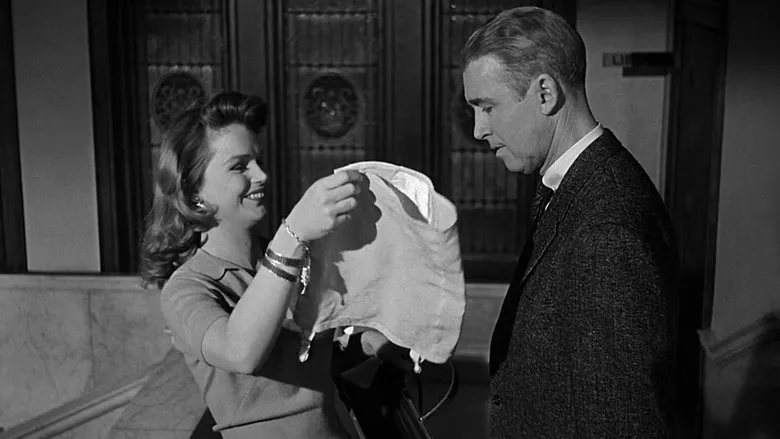
The Enigma
Arthur Bennett: The Shadowy Figure
Arthur Bennett is perhaps the most intriguing background character. Described as “a wealthy and enigmatic figure” and Sommers’ “mysterious business partner,” his presence in the trial feels suspiciously out of place. His involvement is hinted to be “more profound than initially suspected,” suggesting a layers of hidden truths that extend beyond the immediate murder. Bennett represents the lingering questions and the unseen hands that often influence events, hinting that the “truth” revealed in court may only be part of a larger, more complex reality.
The tapestry of characters in this trial weaves a compelling narrative where human flaws, motivations, and the pursuit of truth collide. Each individual, from the defendants and witnesses to the legal experts and shadowy figures, contributes to a story where certainties dissolve, and the complexities of justice are laid bare for all to scrutinize.
